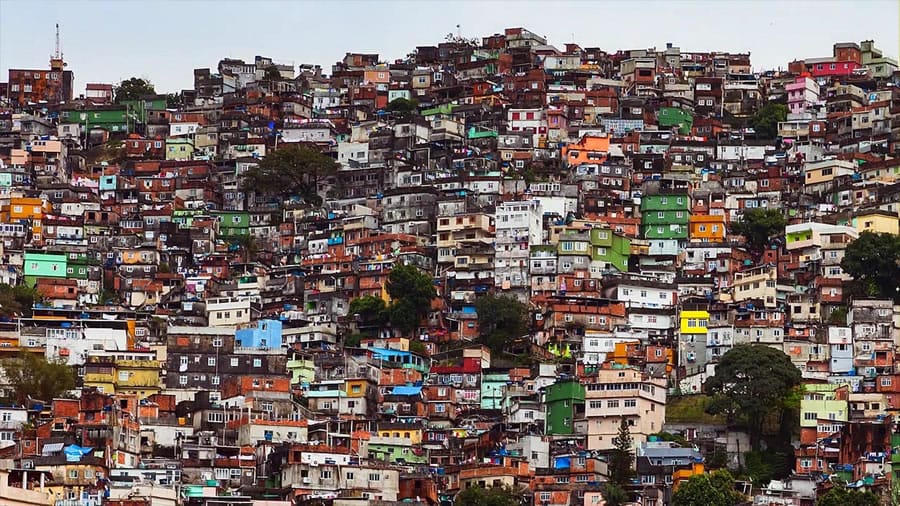
Bill McKibben “Deep Economy: The Wealth of Communities and the Durable Future ” Essay
“Deep Economy: The wealth of communities and the durable future” is a non-fiction book by a well-known environmentalist Bill McKibben, which was published in 2007 in the field of environmental economics. In this book the author touches upon the most important issues and questions of the end of XX and beginning of the XXI centuries, namely the economic development of the world, environmental problems, resource depletion, food shortages. These problems in the complex are a threat to further development and existence of all the whole world economy.
In “Deep Economy: The wealth of communities and the durable future” Bill McKibben raises the question of what has caused the problems stated above, and the current state of the economy? Many critics and scholars argue that the reason is greed and unbridled desire of humanity to
profit, to consume and accumulate wealth, that is, what is called “consumerism”. The author writes: “…growth is no longer making most people wealthier, but instead generating inequality and insecurity.” (McKibben, 2007)
McKibben considers the invention of the steam engine and the following Industrial Revolution, which rapidly changed the course of economic growth, and changed the entire economic system. The Industrial Revolution led to the fact that humanity began to strive to produce more and more, and the concepts of “mass production” and “mass consumption” became central.
Thus, the complexity of the present situation is that in the future it is necessary to shift the value system of the industrialized world: from the desire of individual to profit and satisfaction of his needs, to the development of his abilities. McKibben also examines the attitude of the Western world to economic injustice. According to the author of the book, it is necessary to stop the model of “endless consumption” (the desire to consume more and more), existing in developed countries, which has become not so much economic, but cultural form of industrial activity. That is outstripping consumption remains the source of the crisis in the culture of the industrialized countries.
McKibben questions whether the long-standing assumption that “more” is “better” in the economic growth is a valid assumption. According to him, it is necessary to review and reject the concept of continuous growth as a priority goal for the whole economic system. He argues that unlimited growth is not realistic goal of the sustainable development. The author points several arguments why economic growth is a negative factor and why it should be stopped:
the current level of consumption and production of the Western world is disastrous for the planet, because its resources are, in principle, not designed to sustain Western-style of economic growth for all people;
the current level of economic development and economic growth is based on constant increased consumption of natural resources such as oil, gas, coal, and many others, that has led to the depletion of many resources;
depletion of many resources requires that mankind must seek other resources and sources of economic growth;
another important negative feature of economic growth is that it fosters isolation, individualism and inequality, which are disadvantageous in a global economy;
modern political systems ignore both the problem of resource depletion and inequality, which leads to human misery. (McKibben, 2007)
McKibben suggests an alternative perspective on the world economic system. He suggests that the focus should be made on “deep economy”, which includes consideration of human satisfaction, rather than constant growth. The author proposes a new model that promotes a sustainable economy, and is based on local economies, where each region creates its own food, energy, culture and entertainment. He argues that “people can enjoy many of the comforts and luxuries of developed countries by developing local economies”. (McKibben, 2007)
In this case, McKibben does not provide the uniform solution of all of global economic problems, but he argues only that there are many examples, which can show us how local economies contribute to the successful development and prosperity of the regions. The author point the advantages of local economies:
– they are sustainable;
they can provide a good quality of life for all people;
– they are not dependent on exhaustible resources, such as gas and oil reserves.
In the “Deep economy” the author examines different aspects of economic and social life of the society:
– development and use of alternative energy sources and sustainable energy;
– agricultural sphere, many of the problems of production and distribution of food, the problem of transportation, since “the average bite of food an American eats has travelled fifteen hundred miles before it reaches her lips”;
problem of individualism, the absence of the concept of “community”, mutual aid and support in the society. (McKibben, 2007)
These and many other problems can be solved within the local economies, based on the principles of decentralization, local development of resources, the production of food, transportation, etc. The author pays special attention to such important concepts as “communities of mutual support”, arguing that in community-based economies people are happier and psychologically healthier. (McKibben, 2007)
In general I can say that McKibben in his book offers an interesting perspective on way of life of modern society, and economic life in particular. Many of the author’s ideas are interesting and should be taken into account. McKibben’s ideas about sustainable energy and environment, I think are particularly relevant. Also, the author’s opinion about the production, distribution and transportation of food is very important. But the most important positive aspect of this book, I believe is that the author criticizes the very foundation of modern society of “consumerism”, the idea that overconsumption itself does not make people happier and their lives better. I think that the book offers many good ideas and directions for development, to improve our future.

